As the global warming conversation continues to heat up (no pun intended!), it’s a great time to make some small changes at home that have a big impact on saving our environment. Of course, there are a million ways to reduce your carbon footprint—you probably have ideas of your own; let us know in the comments! Let’s start where we spend so much of our time: the kitchen.
Make thoughtful choices around meat.
The resources it takes to produce meat puts it firmly in the carbon emissions “hog” category. That’s why it’s super-important to make thoughtful choices about the meat you buy: where it comes from, how the animals are raised, and how it’s processed. Read more info on True Story’s commitment to cleaner meat.
Be water-conscious when cooking.
The next time you go to boil water, think twice about the pot you select. Using as small a vessel as possible for the amount of food you’re cooking–as well as popping a lid onto the pot–will decrease the water and energy needed to go from prep to plate.
Overhaul your grocery shopping practices.
Find yourself tossing limp veggies and loads of leftovers at the end of the week? Take stock of the waste your family produces each week for a month to see where you can cut back. If you’re cooking more than you can consume, consider freezing meals to eat in the coming months. If you’re tossing bunches of herbs on Sunday night, use dried spices instead. Small changes in your grocery habits will make a big dent in your waste—and your wallet. If you’ve still got scraps leftover here and there, start a small compost bin in your kitchen to fertilize your budding backyard garden.
Go Raw!
Skipping heated meals a couple of times each week can instantly cut down how much energy you’re using in the kitchen. Instead of baking that casserole for an hour in the oven, try adding our thick-cut chicken to your favorite salad or make a sandwich with one of our many deli meat varieties.
Get rid of your Teflon.
Teflon is a plastic-like substance made of perfluorinated chemicals (PFCs), toxins that accumulate in people, animals, and the environment, and they don’t biodegrade. We love non-stick cooking too, but toss your Teflon and sub in non-toxic pans like stainless steel or copper. Another sub we love is cast iron, which is especially great at adding extra flavor (make sure to keep it well-seasoned).
Make other small changes in how you eat.
Have no fear—you don’t need to go completely vegan, organic, and free-range for your diet to have an impact on your carbon footprint. Even one of these simple changes can make a big impact.
- Buy local. Shipping produce thousands of miles across the country is a huge burden on the environment. Plus, these goods are often picked before peak ripeness or out of season entirely. Which brings us to…
- Eat seasonally. Fruits and veggies that are in season are likely available from local growers so you know you’re getting the freshest foods available. Plus, you support family farms and the community!
- Grow your own herbs and veggies. It’s easier than you think! Don’t have a garden? Here’s a good primer on indoor growing.
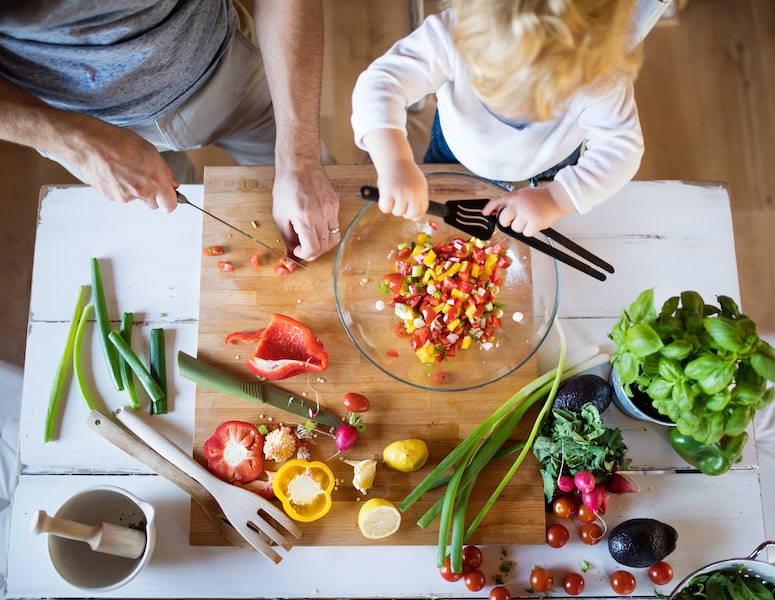




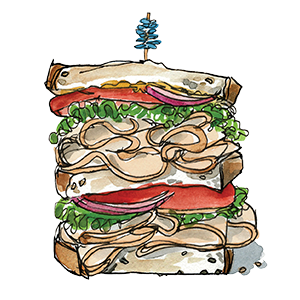



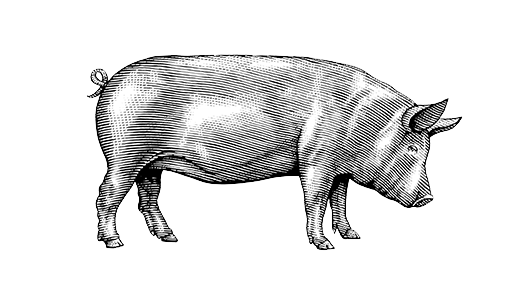
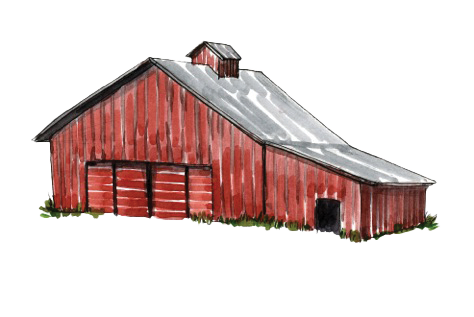
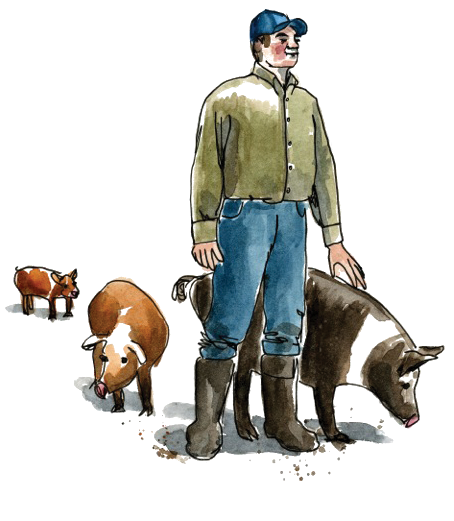

Excellent post. I want to thank you for this informative, I really appreciate sharing this great post. Thanks for sharing this…